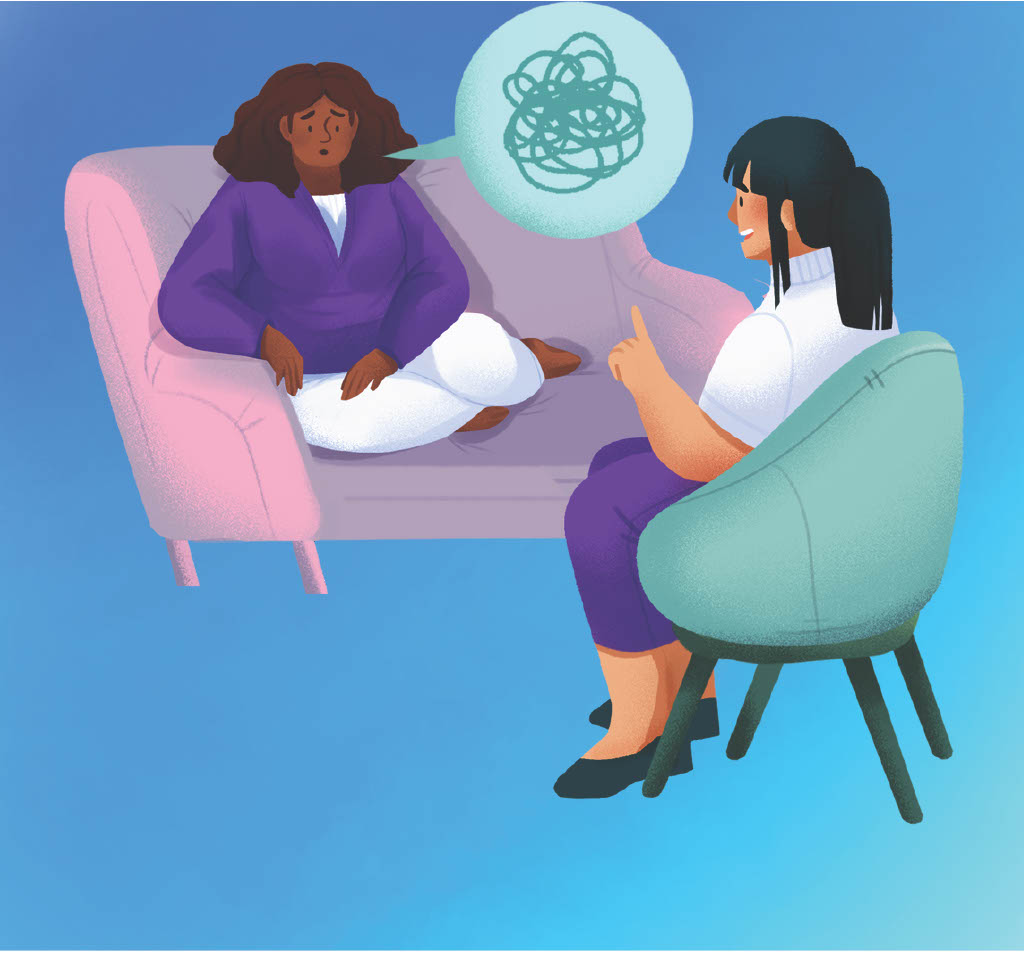Abhivritiprakash
psychotherapy & counseling clinic
Cognitive behavioral therapy (CBT) is a structured, goal-oriented type of psychotherapy (talk therapy).
Mental health professionals, including psychologists, therapists and counselors, use it to treat or manage mental health conditions and emotional concerns. It’s one of the most common and best-studied forms of psychotherapy.
CBT is based on several core principles, including:

Cognitive behavioral therapy is a valuable tool for treating and managing a wide range of mental health conditions and emotional challenges. People of all ages (including children) can receive CBT.
Therapists and psychologists use CBT to treat many mental health conditions, including: